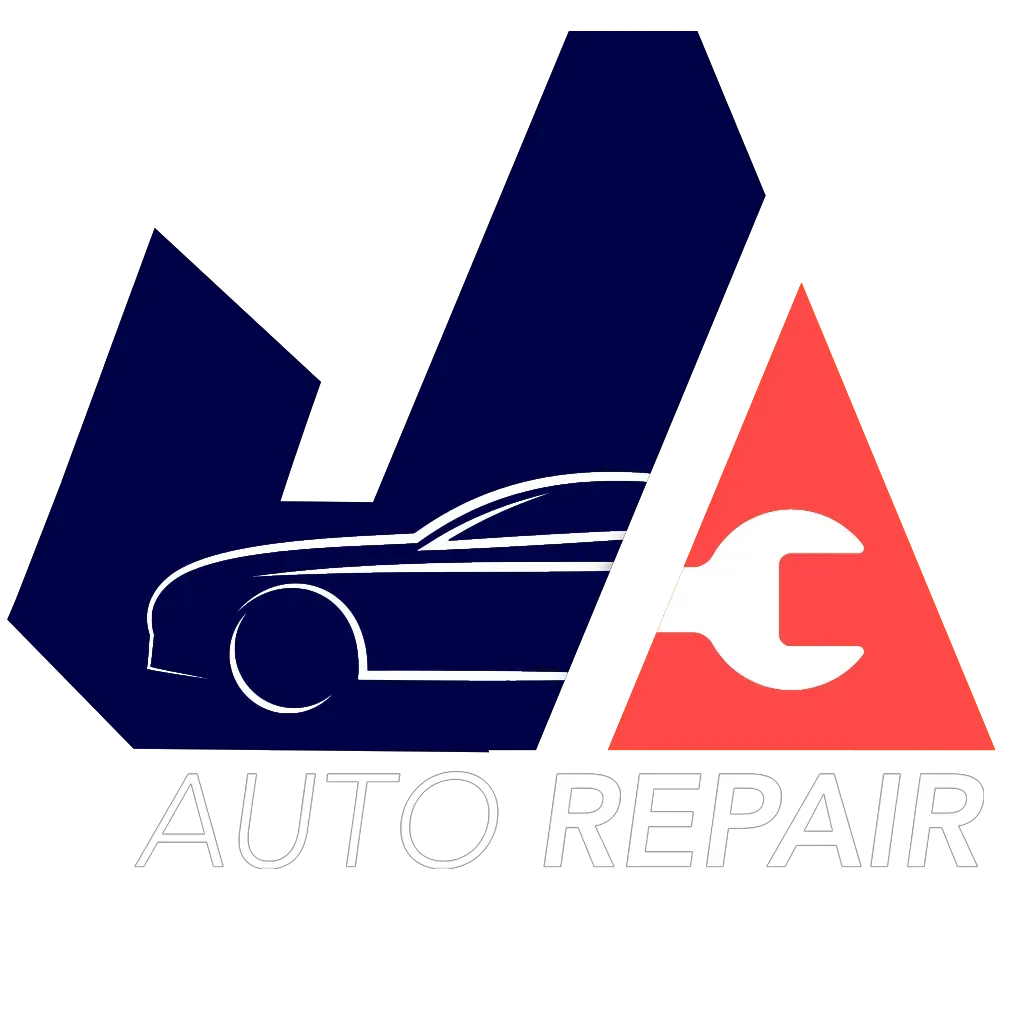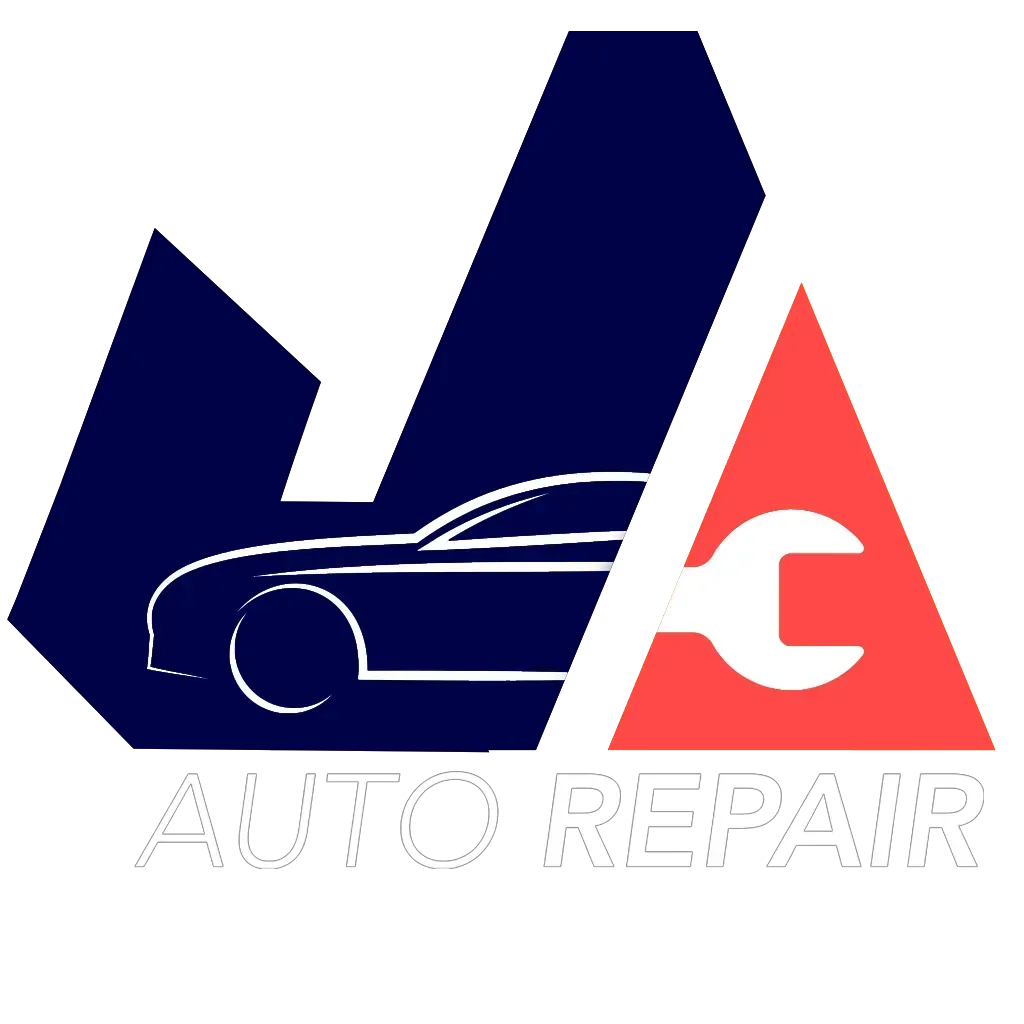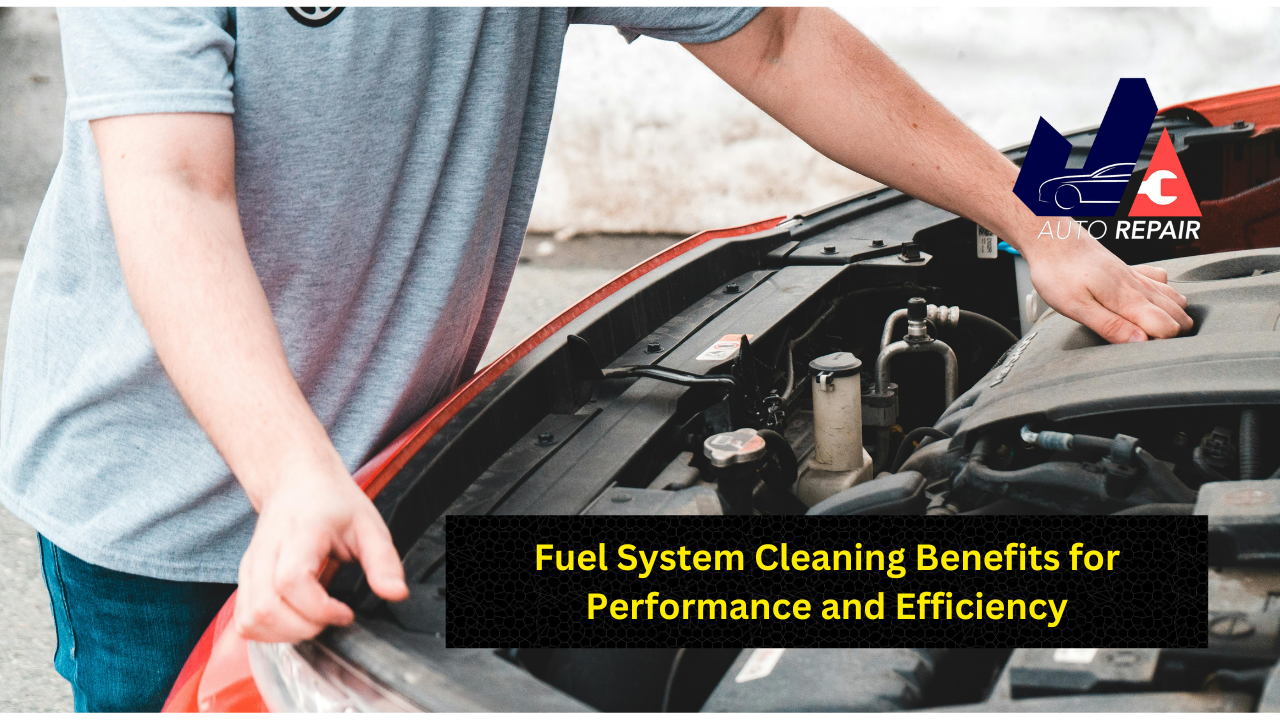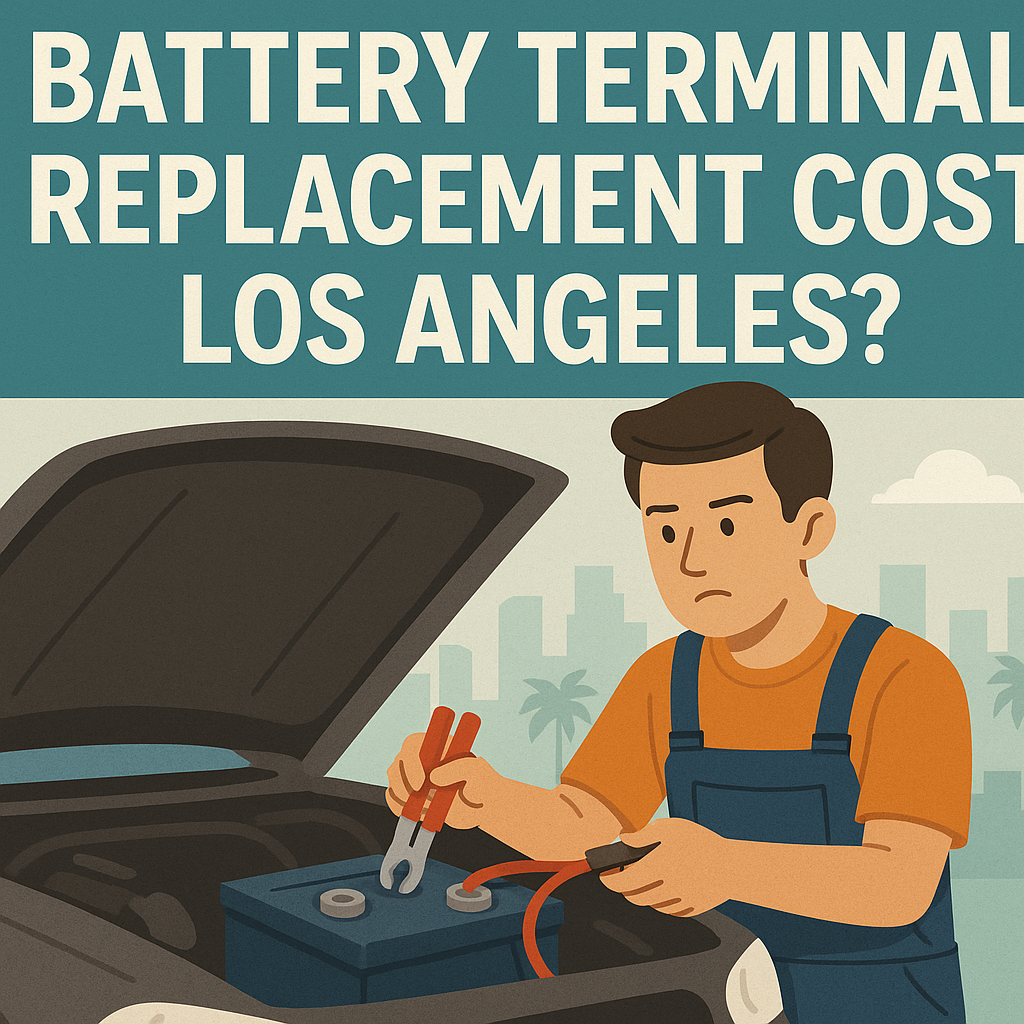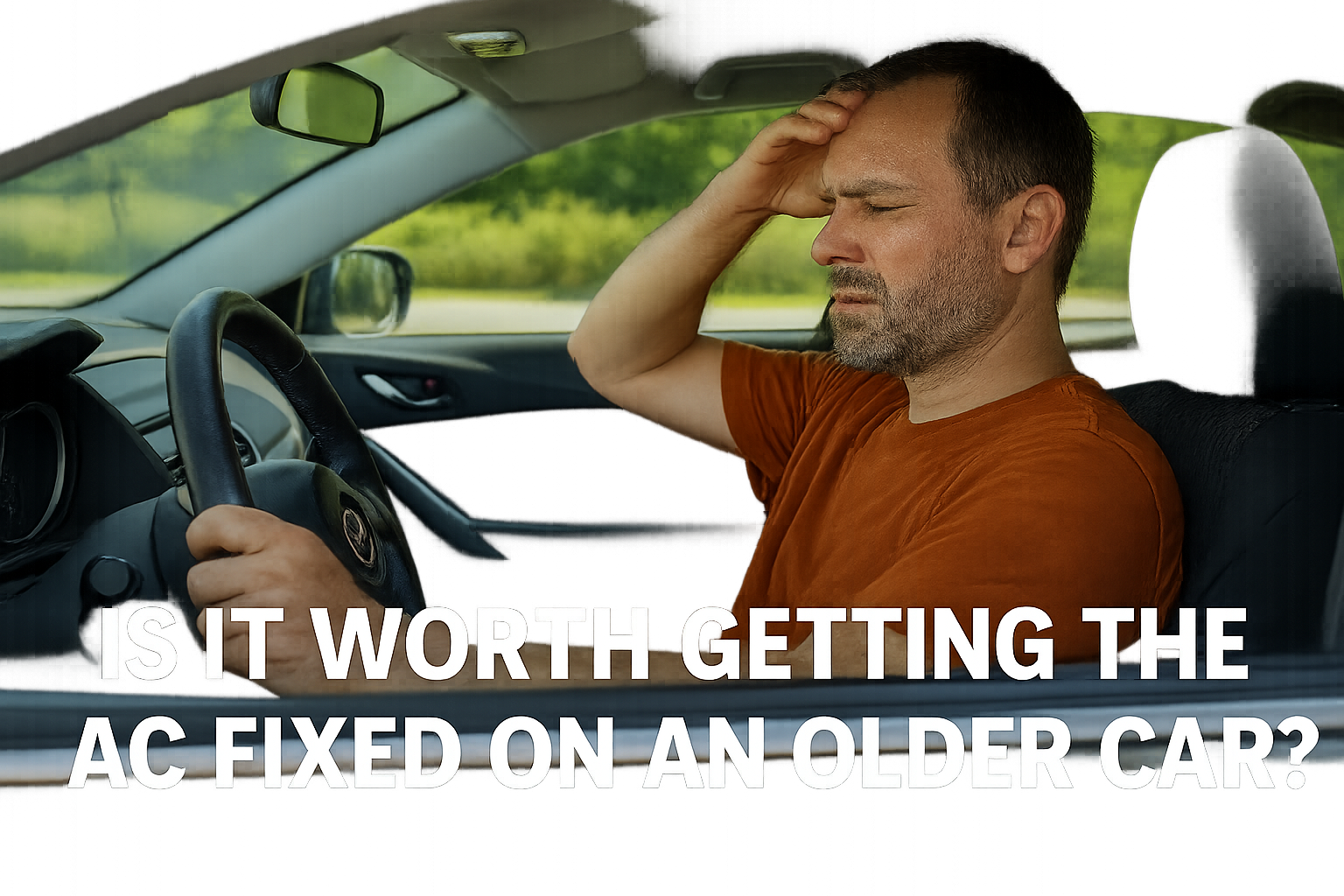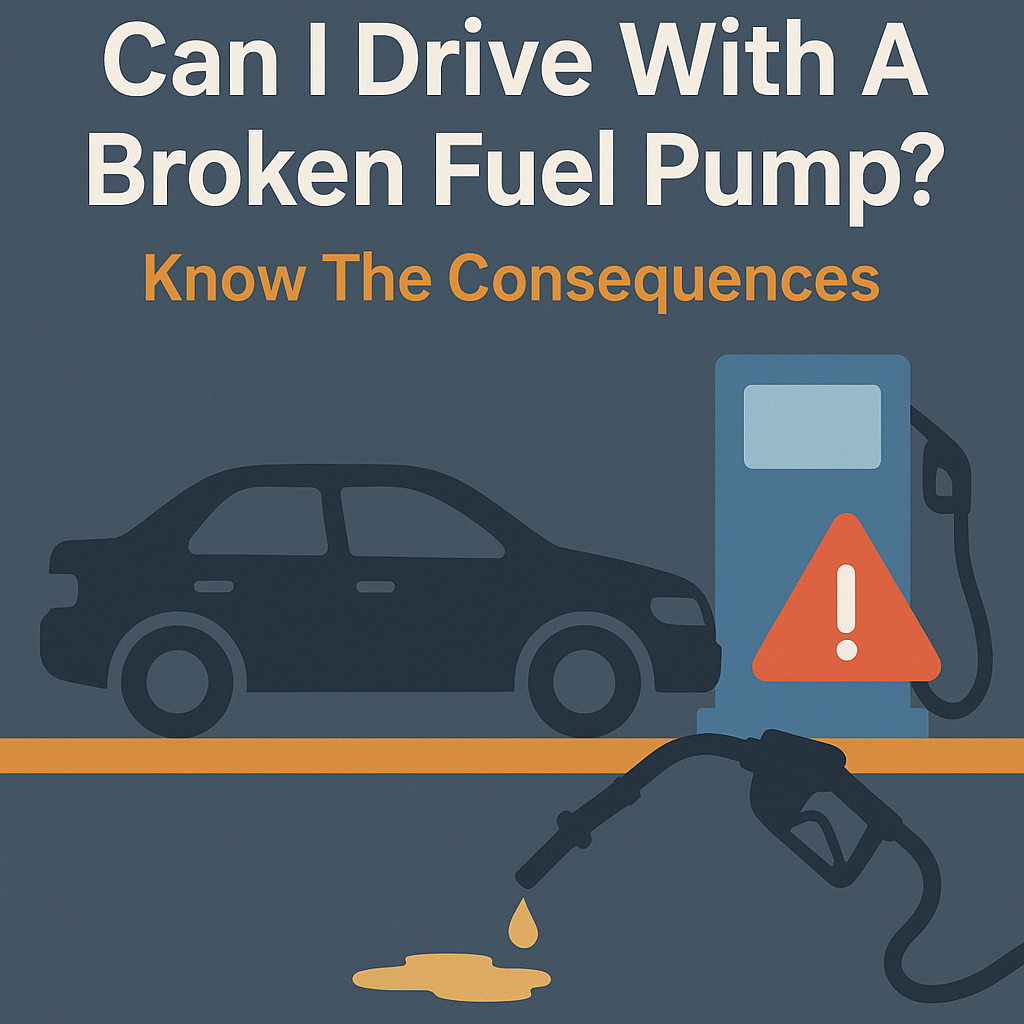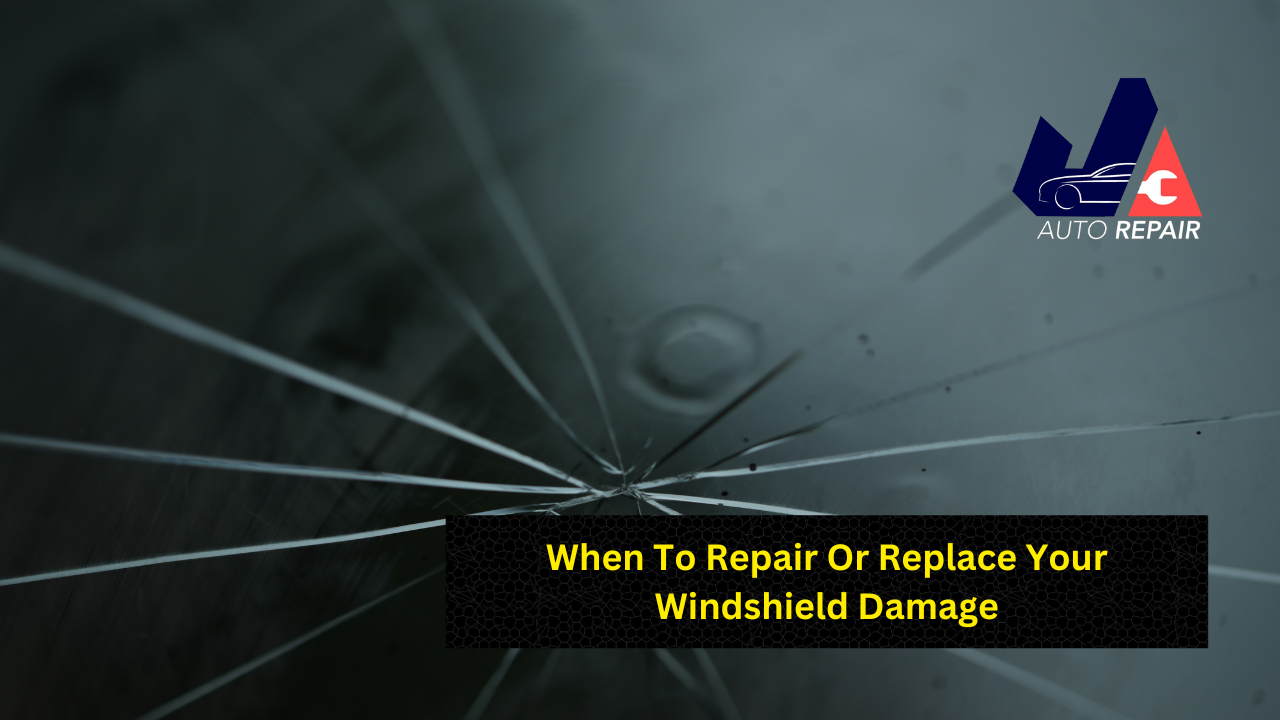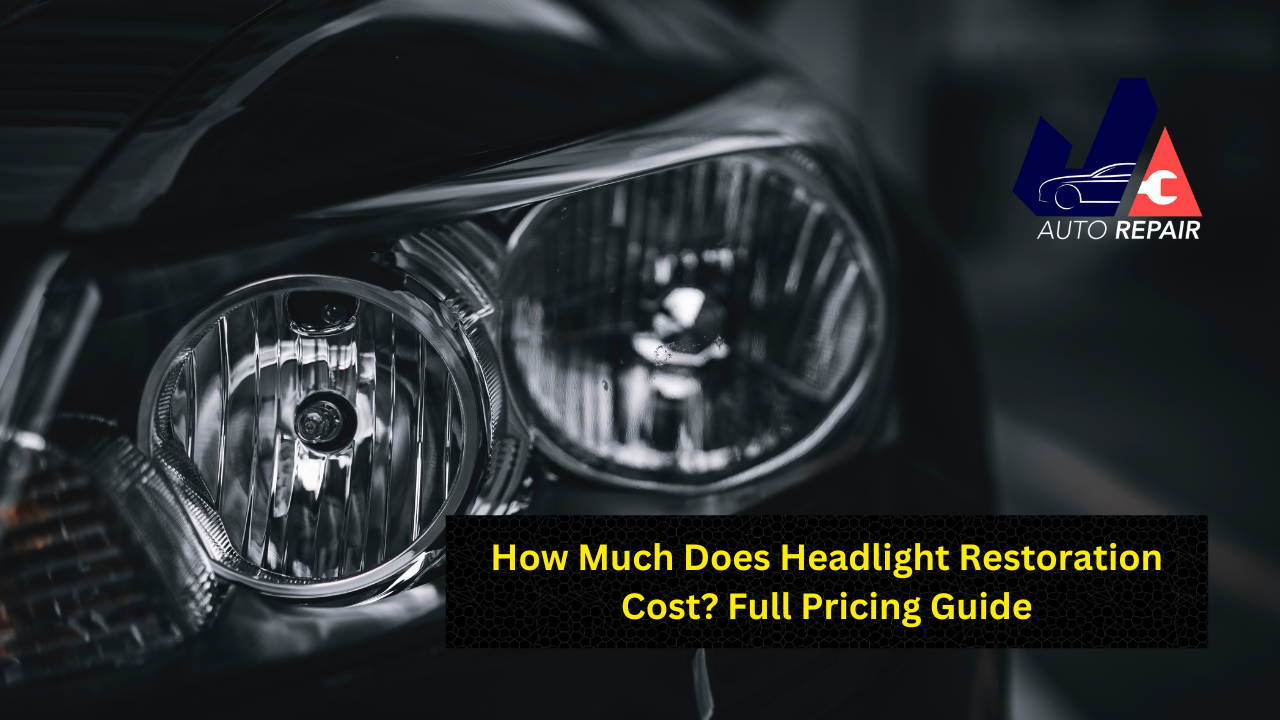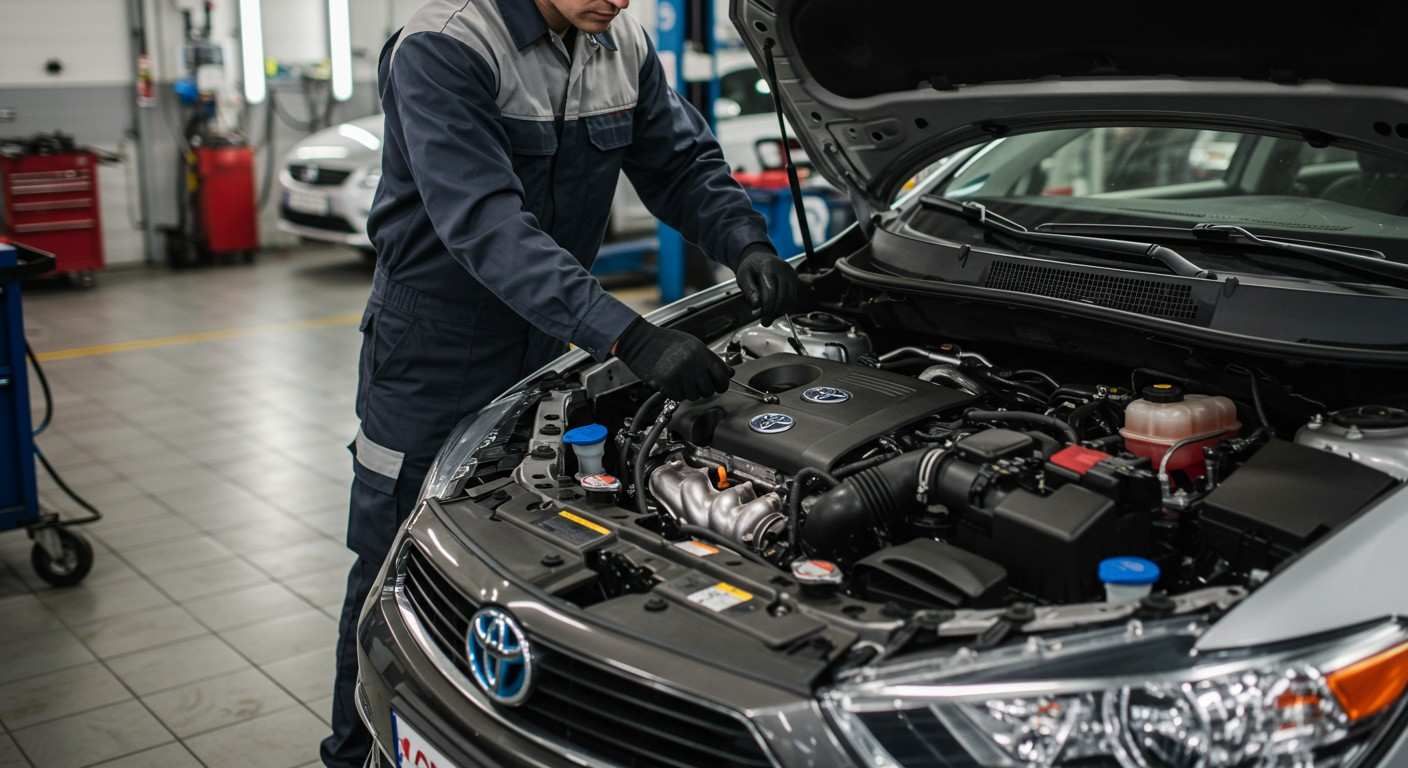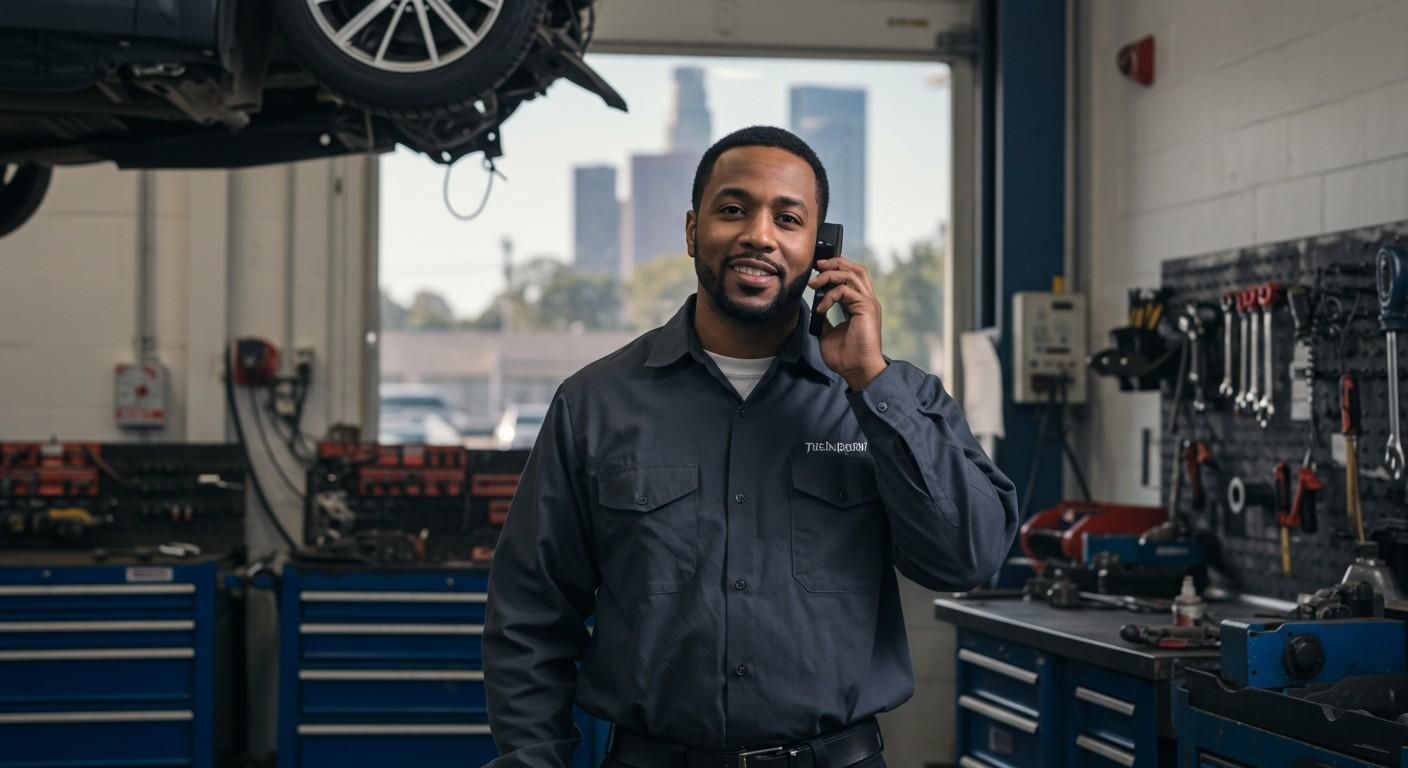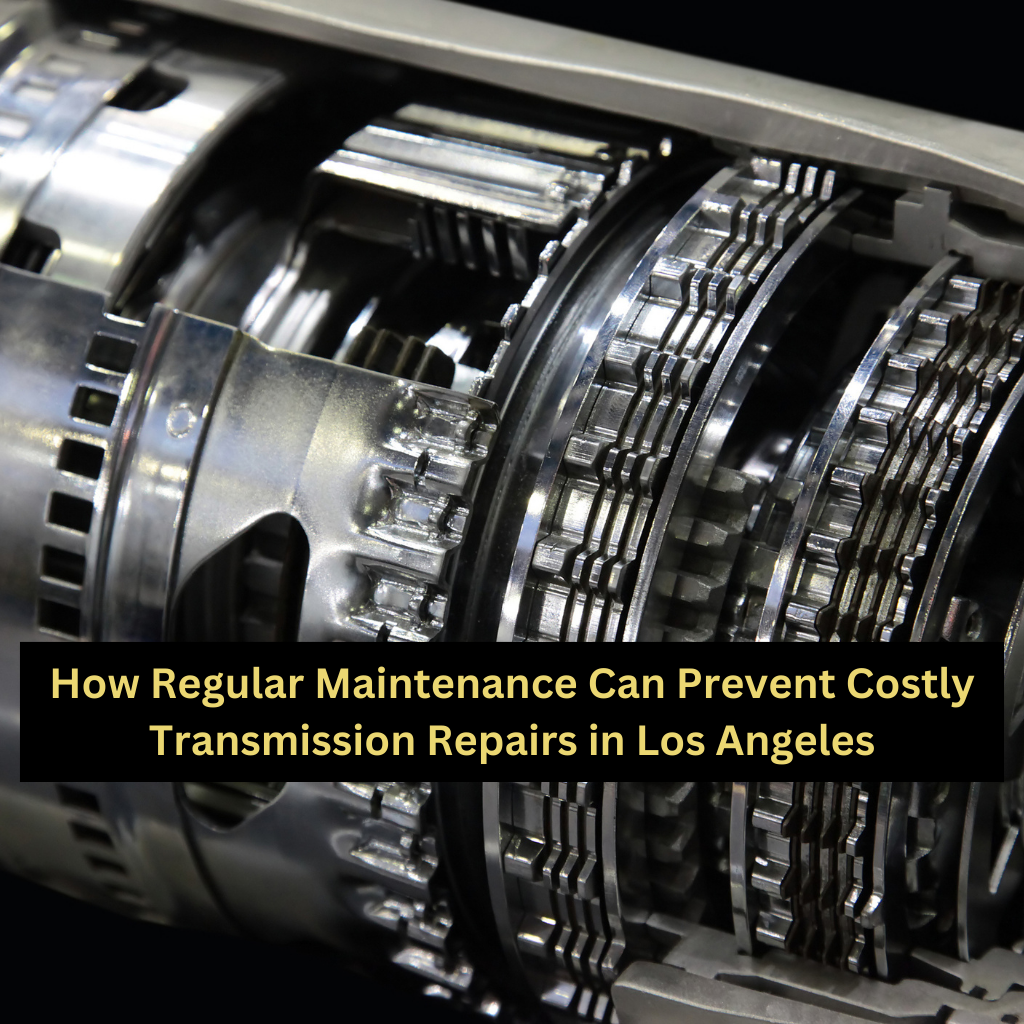How Long Does It Take To Repair A Car After An Accident?
Experiencing a car accident is not only emotionally taxing but also brings about the practical concern of repair time.
How long will it be until you can navigate the roads again with the same comfort and security?
Understanding the timeline for repairing a car after an accident is essential for planning your daily routines and commitments during the interim period. This article aims to shed light on the factors influencing repair timelines and provide you with the knowledge to navigate this challenging time more effectively.
The time it takes to repair a car after an accident can range significantly, from several hours for minor damages to a few weeks for major collision repairs. Factors such as the severity of damage, type of car, availability of parts, and the efficiency of the repair shop all play a crucial role in determining the repair timeline.
How Long Does It Take To Repair A Car After An Accident - Quick Overview
When you're faced with the aftermath of a car accident, one of your first questions is likely about the time it will take to repair your vehicle. The truth is, that repair times can vary widely. Minor dents and scratches might see your car back in action within a matter of days, while more extensive bodywork or internal damage could mean your vehicle is in the shop for several weeks. This variance largely depends on the extent of the damage, the model of your car, how quickly parts can be sourced, and the current workload of the repair shop you've chosen. Understanding these factors and maintaining open communication with both your insurance provider and the repair shop can help manage your expectations and reduce the inconvenience of being without your vehicle.
Contact us; at JC's auto repair shop in Los Angeles for full repair of your car after an accident or any other type of repair work including Car A/C repair, brake repair, and Transmission Repair. Quality service at affordable pricing, offered by expert technicians.
Factors Affecting the Time to Repair a Car After an Accident
It can be difficult to determine how long it will take to repair an automobile after an accident because several variables are involved. From the severity of the damage to the efficiency of the repair shop, each element contributes to how long your vehicle will be out of commission. Let’s explore these determinants in detail to set realistic expectations for your car’s repair journey.
Severity of the Damage
The extent of damage your vehicle has sustained is a primary determinant in the repair timeline. Minor damages like small dents or scratches can often be fixed within a few days. However, more severe damage, especially to the car's frame or internal systems, can extend the repair period significantly. The complexity of the repair job directly influences the time required to bring your vehicle back to its pre-accident condition.
Type of Car and Availability of Parts
The make and model of your car play a crucial role in the repair timeline. Popular models might have parts readily available, leading to quicker repair times. On the other hand, if you drive a rare or imported vehicle, sourcing parts can be time-consuming, delaying the repair process. The availability of parts is an unpredictable factor that can add significant time to your car's stay in the shop.
Insurance Approval Process
The insurance approval process can also impact the timeline for repairs. Once an estimate is submitted, the insurance company reviews it before authorizing the work. This process varies in duration depending on the insurer's efficiency and the complexity of the claim. Swift communication between your repair shop and insurance company can mitigate delays, but sometimes waiting for approval is inevitable.
Repair Shop Workload and Efficiency
The capacity and efficiency of the repair shop you choose will influence how quickly they can start and complete your car's repairs. High-demand shops might have longer wait times before they can begin work on your vehicle. Choosing a reputable and efficient repair shop that can manage its workload effectively is key to minimizing repair time.
Customary Delays and Unforeseen Issues
Repairing a car after an accident often involves unexpected challenges. Once the mechanic begins work, they might discover additional damage not visible during the initial assessment. These discoveries can lead to adjustments in the repair timeline, as additional parts may need to be ordered and installed.
Cost to Repair a Car After an Accident
The cost of repairing a car post-accident varies widely based on the severity of the damage and the type of vehicle. Labor rates also differ significantly from one region to another. An initial estimate provides a baseline, but be prepared for this figure to adjust, especially if additional damage is found during the repair process.
Your out-of-pocket costs for repairs depend greatly on your insurance policy's terms, including the deductible and the extent of coverage. Comprehensive and collision coverage can mitigate the financial impact of car repairs, but you'll need to pay the deductible upfront. Understanding your policy's specifics can help you manage expectations regarding repair costs.
Ways to Manage Repair Costs
To manage repair costs effectively, consider multiple repair estimates to ensure you're getting a fair price. Additionally, inquire about using aftermarket or used parts for certain repairs, as these can be significantly cheaper than OEM (Original Equipment Manufacturer) parts. However, always prioritize quality and compatibility with your vehicle.
Sometimes, the cost of repairs might approach or exceed the value of your car. In such cases, insurance companies may declare the vehicle a total loss. It's crucial to assess whether investing in repairs is economically sensible or if it would be more prudent to accept the totaled vehicle payout and invest in a new car.
Steps Involved in the Car Repair Process
The first inspection and repair process after an accident involves several key steps, from the initial assessment of damage to the final quality checks. Understanding these stages can help set realistic expectations and prepare you for the journey ahead. Let’s walk through each step to understand how your vehicle will be brought back to its pre-accident condition.
Initial Assessment and Damage Report
The first step in the repair process is a thorough assessment of the damage. This detailed inspection determines the scope of work needed and helps in creating an accurate estimate. A comprehensive damage report is crucial for both the repair shop and the insurance company to understand the extent of repairs required.
Insurance Claim Filing and Approval
Filing an insurance claim promptly and providing all necessary documentation can speed up the approval process. The faster your claim is approved, the sooner repair work can commence. Keeping open lines of communication with your insurance adjuster can help expedite this stage.
Ordering Parts and Scheduling the Repair
Once the repair estimate is approved, the necessary parts must be ordered. The timing for parts delivery varies, and scheduling the repair depends on part availability. An efficient repair shop will coordinate these elements to minimize downtime.
The Repair Work: Bodywork, Painting, and Mechanical Repairs
The actual repair work might involve bodywork, painting, and mechanical repairs, depending on the damage. Each of these steps requires precision and expertise, contributing to the overall time your car spends in the shop. High-quality repairs should not be rushed, as they ensure the safety and longevity of your vehicle.
Quality Checks and Final Inspection
After repairs are completed, quality checks and a final inspection are essential to ensure the work meets all safety and performance standards. This stage is crucial for delivering a vehicle that is safe to drive and restored to its pre-accident condition.
Timeline Expectations for Common Repairs
The timeline for car repairs can vary significantly based on the nature and extent of the damage. From minor dents to major structural repairs, each type of damage requires a different approach and timeframe. Let's look at what you can typically expect for common repairs.
- Minor Dents and Scratches: Repairs for minor dents and scratches can often be completed within a few days. These surface-level damages require less time and resources, allowing for a quick turnaround.
- Major Bodywork and Structural Repairs: Significant body and structural repairs demand more time, often taking several weeks to complete. The complexity of these repairs, involving frame straightening and replacement of major components, requires meticulous work to ensure the vehicle's safety and functionality.
- Mechanical and Electrical System Repairs: Damage to a car's mechanical or electrical systems can vary widely in repair time. These repairs can be intricate, depending on the extent of the damage and the specific systems affected. Ensuring that everything from the engine to the electronics is fully operational can extend the repair timeline.
How to Expedite the Repair Process?
While the repair process involves many steps, there are strategies you can employ to help expedite your car’s return to the road. From filing claims efficiently to selecting the right repair shop, let’s explore how you can influence the repair timeline.
- Promptly Filing Claims and Providing Necessary Documentation: To expedite repairs, file your insurance claim as soon as possible and provide all required documentation promptly. This proactive approach can significantly reduce waiting times for claim approval and repair commencement.
- Choosing a Reputable and Efficient Repair Shop: Selecting a repair shop known for its efficiency and quality work can also speed up the repair process. Shops with a good reputation are likely to manage their workload effectively and prioritize timely repairs without compromising on quality.
- Communicating Effectively with Insurance and the Repair Shop: Maintain open and frequent communication with both your insurance company and the repair shop. This ensures any queries or issues are addressed promptly, avoiding unnecessary delays in the repair timeline.
Impact of Delays in Car Repair
Delays in the car repair process can be frustrating and inconvenient, affecting everything from daily commutes to overall mobility. Understanding the potential impacts of these delays and how to navigate them can help mitigate their effects on your life.
- Rental Car Options and Insurance Coverage: During extended repairs, having access to a rental car can mitigate the inconvenience. Many insurance policies offer rental coverage for such scenarios, but it's important to understand the limits of this coverage to manage your expectations and budget accordingly.
- Legal Implications of Delayed Repairs: Extended delays in car repairs can sometimes lead to legal implications, especially if a delay affects your ability to work or meet other obligations. It's essential to communicate with your repair shop and insurance company to minimize the chances of such complications.
- Managing Without a Vehicle: Alternatives and Solutions: While your car is being repaired, exploring alternative transportation options can ease the burden. Carpooling, public transportation, or rental cars are viable options depending on your location and situation.
Conclusion
While the duration for car repairs post-accident can vary greatly, being armed with the right information and setting realistic expectations can significantly ease the stress of the situation.
Remember, the focus should always be on the quality of repairs over speed to ensure your vehicle returns to you in a safe and reliable condition.
By understanding the factors that affect repair times and taking proactive steps to expedite the process, you can navigate the post-accident landscape more smoothly and get back on the road with confidence.
Whether it's a minor scratch or a major repair, knowing what to expect provides peace of mind during what can be a challenging time.
